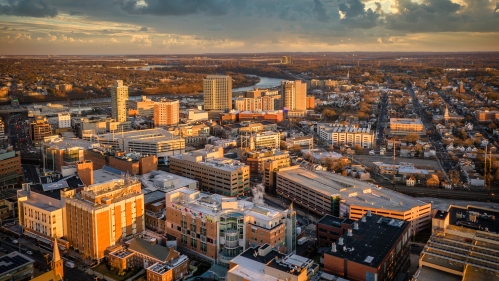Study Aim
the aim of this project was to establish the Rutgers Gun Violence Care Center (RGVCC) which involves extensive collaboration among surgeons, interventionalists, primary care practitioners, behavior health specialists, and Hospital Violence Intervention Program social workers to provide better clinical outpatient care and improve socioeconomic and mental health resources to survivors. The psychology of violence and complex trauma symptoms experienced by survivors was evaluated to ultimately provide better trauma informed care.

